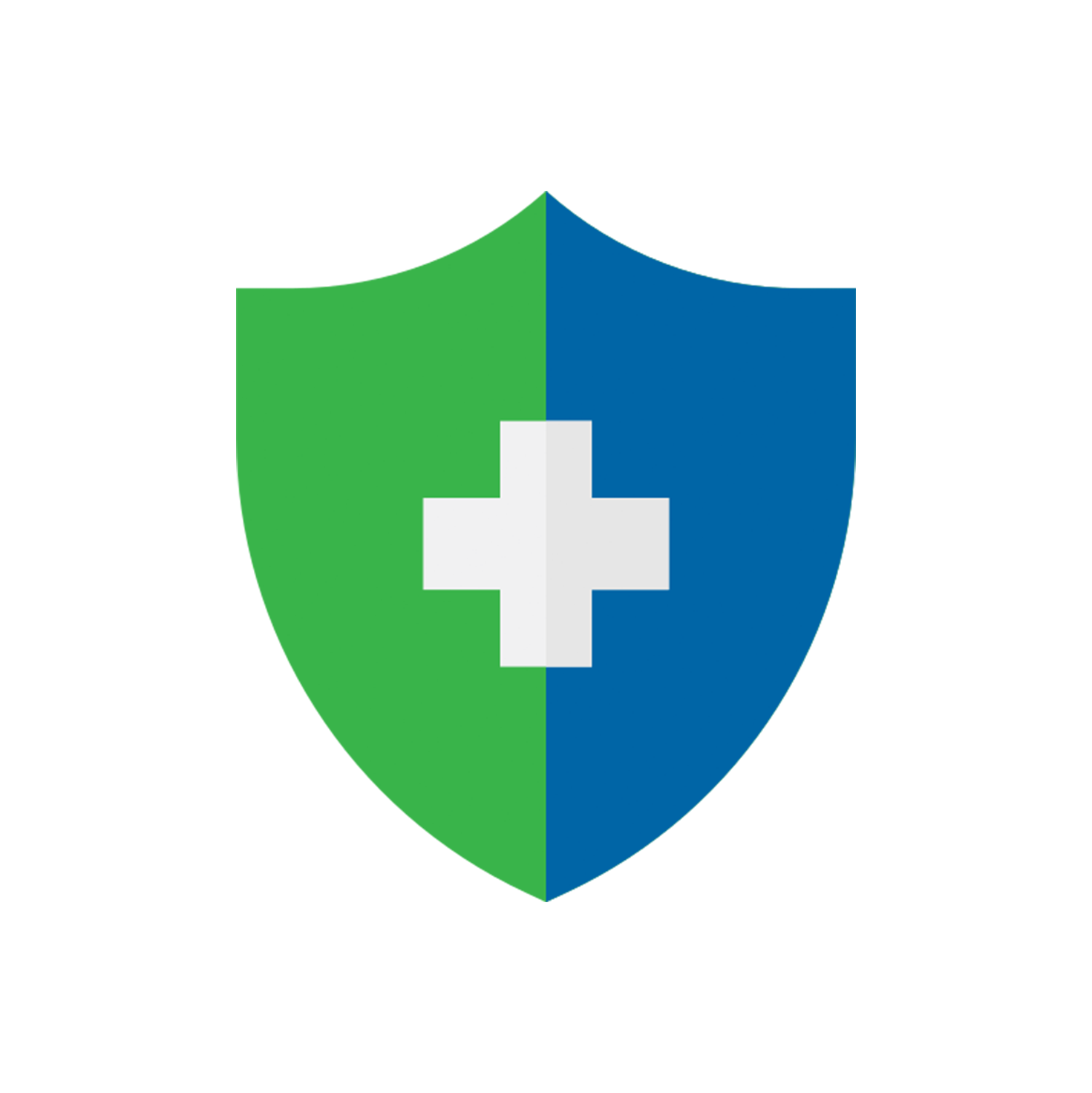Unfortunately, the answer is yes.
Online shopping is so common nowadays, nutritional supplements is a click away. However, supplements being so accessible also means a higher risk of misuse and dependence. Read on before you go on your next shopping spree because we desire for good health and the maximum benefits of the supplements we buy, and the last thing we want is a backfire — which can happen if we are not careful.
To avoid it, we should learn to be a diligent user and make informed decisions. Here are a few tips.
1. Get to know the product
Do online researches, compare products among brands, country of origin, active ingredients, and other characteristics.
2. Get what is right for you
It’s also important to understand yourself because it will decide what your body needs. Below are the most popular choices by specific gender and age groups for your reference.
- Adult male: Fish oil, calcium, Vitamin D, fiber, magnesium2
- Adult female: Fiber, aloe, citrus, folic acid (Vitamin B9), primrose
- Pregnant female: Folate, fermented cod liver oil, probiotics, multivitamins
- Elderly: Calcium, Vitamin C, Vitamin E
3. Get the dosage right
Once you have a target area to improve the health status on, check on the dosage information. Note that effects on overdose can range from minor to severe. Potential risks are as follows.
- Vitamin A: Hair loss, severe headache, confusion, liver damage, bone loss and peeling off of body skin.
- Vitamin E: Thins blood and affects clotting
- Vitamin B6: Nerve damages
- Vitamin B3: Reversible nausea, jaundice and elevated liver enzymes
- Iron: Increased risk of cancer and heart disease
While supplements bring convenience, balanced diets, regular exercises and adequate rest are more carefree ways to achieving a healthy lifestyle. Start today!
Sources
© Cigna Healthcare 2023
Information provided in this article is intended for health and fitness purposes only and is not intended for use in the diagnosis of disease or other conditions, or in the cure, mitigation, treatment or prevention of disease (see Terms & Conditions for details). Any health-related information found in this article is available only for your interest and should not be treated as medical advice. Users should seek any medical advice from a physician, especially before self-diagnosing any ailment or embarking on any new lifestyle or exercise regime. Any information contained in this article may not be suitable, accurate, complete or reliable. Cigna Healthcare accepts no responsibility for the content or accuracy of information contained on external websites or resources, or for the security and safety of using them. "Cigna Healthcare" and the "Tree of Life" logo are registered trademarks of Cigna Intellectual Property, Inc. in the United States and elsewhere, licensed for use. All products and services are provided by or through operating subsidiaries, and not by The Cigna Group.




